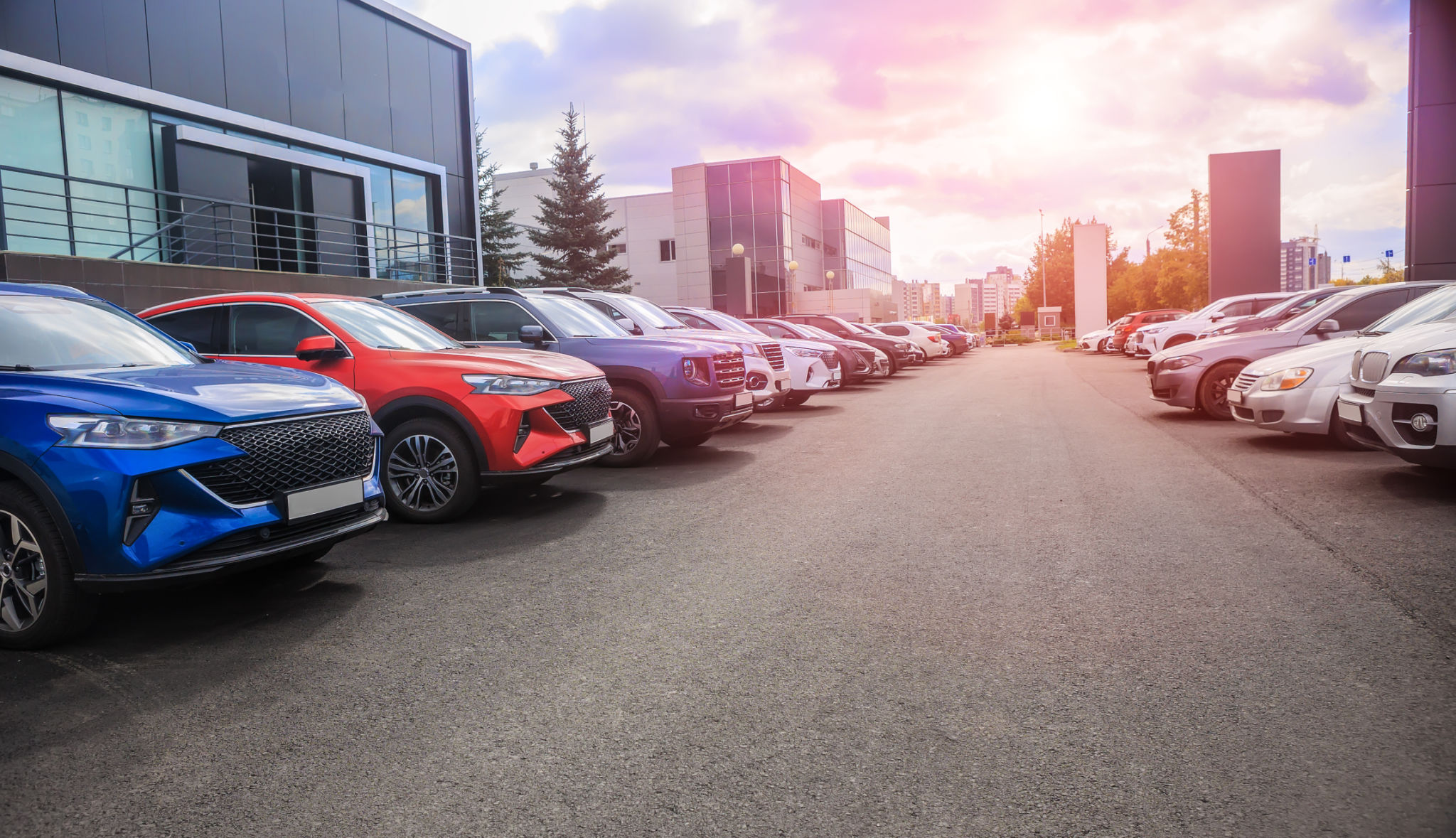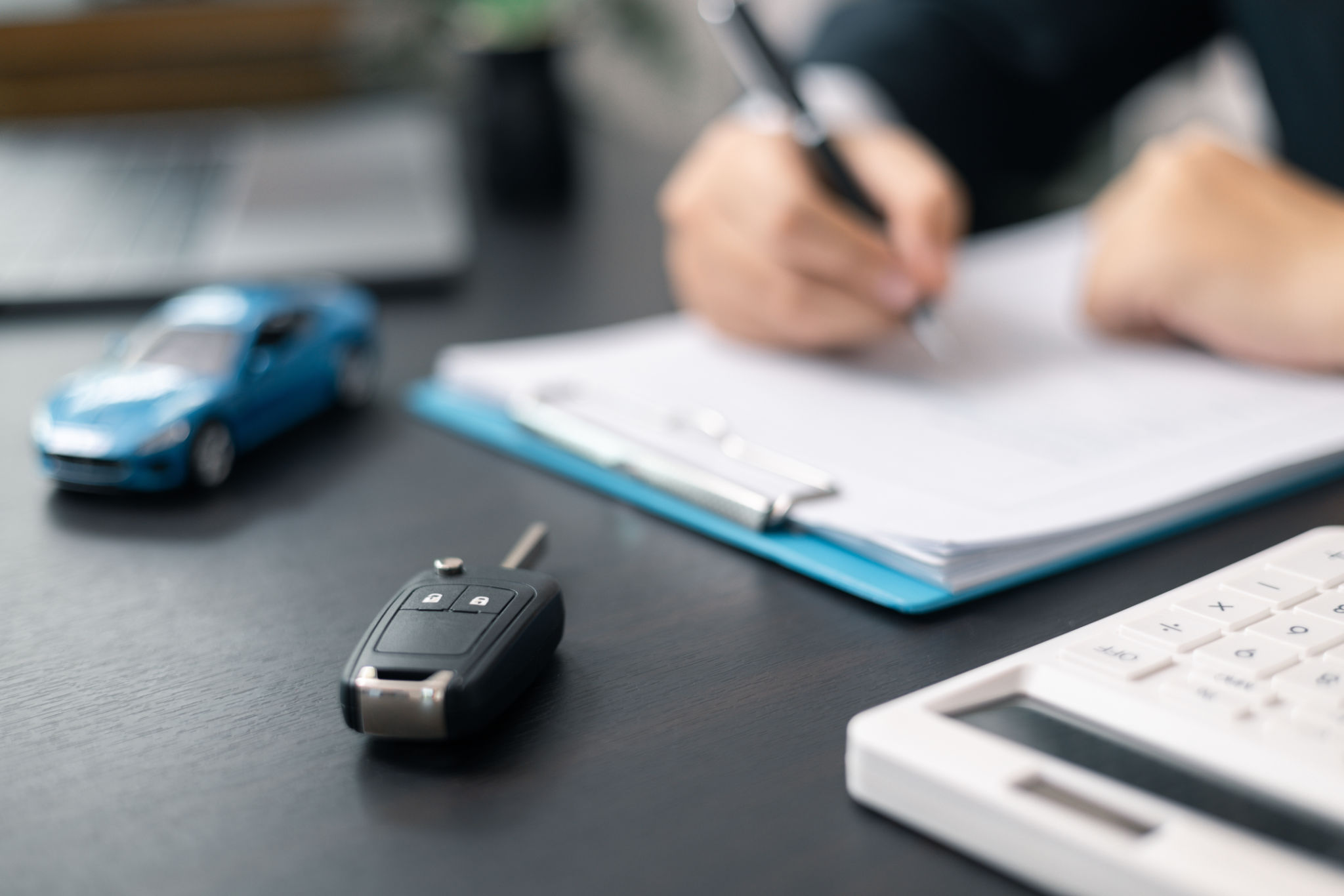Comparing New vs. Used Cars: Which is Right for You?
Understanding the Basics of New vs. Used Cars
When it comes to purchasing a vehicle, one of the first decisions you need to make is whether to buy a new or used car. Both options have distinct advantages and potential drawbacks, making it essential to understand what each offers before making a decision. In this blog post, we'll explore the key differences between new and used cars, helping you determine which option is best suited to your needs.
Advantages of Buying a New Car
One of the most significant benefits of purchasing a new car is the peace of mind that comes with it. New cars come with a manufacturer's warranty, ensuring that any initial defects or issues are covered. Additionally, new cars are equipped with the latest technology and safety features, providing both comfort and security. They also offer better fuel efficiency and lower emissions compared to older models.

Advantages of Buying a Used Car
On the other hand, used cars often come with a lower price tag, making them an attractive option for budget-conscious buyers. Depreciation is another factor that works in favor of used car buyers; most vehicles lose value quickly during their first few years on the road. By purchasing a used car, you avoid the steepest depreciation curve and can get more value for your money. Moreover, insurance premiums for used cars tend to be lower compared to new ones.
Considerations for Buying New
While new cars offer numerous benefits, they can also be more expensive initially. If you're considering buying new, it's important to evaluate your budget and financing options. Consider factors such as interest rates and loan terms before deciding. Additionally, keep in mind that a new car's value depreciates significantly as soon as you drive it off the lot.

Considerations for Buying Used
When purchasing a used car, it's crucial to conduct thorough research. Investigate the vehicle's history report to ensure it hasn't been in any major accidents or suffered flood damage. It's also wise to have a trusted mechanic inspect the car before finalizing your purchase. This step can help you avoid potential issues down the line and ensure you're making a sound investment.
Evaluating Your Lifestyle and Needs
Your lifestyle and driving habits can play a significant role in determining whether a new or used car is right for you. If you prioritize having the latest technology and plan on keeping the vehicle for several years, a new car may be a better fit. Conversely, if you drive infrequently or are looking for a secondary vehicle, a used car might be more practical.

Resale Value Considerations
Resale value is another important factor to consider when buying a car. New cars generally depreciate faster than used cars, meaning they may not retain their value as well over time. However, some new models may hold their value better than others due to brand reputation or limited availability. Researching resale trends for specific models can provide insight into future value retention.
Making Your Decision
Ultimately, whether to buy a new or used car depends on your individual preferences, financial situation, and long-term goals. Both options have their pros and cons, and understanding these can help you make an informed decision. Take the time to weigh these factors carefully, and you'll be well on your way to finding the perfect vehicle for your needs.